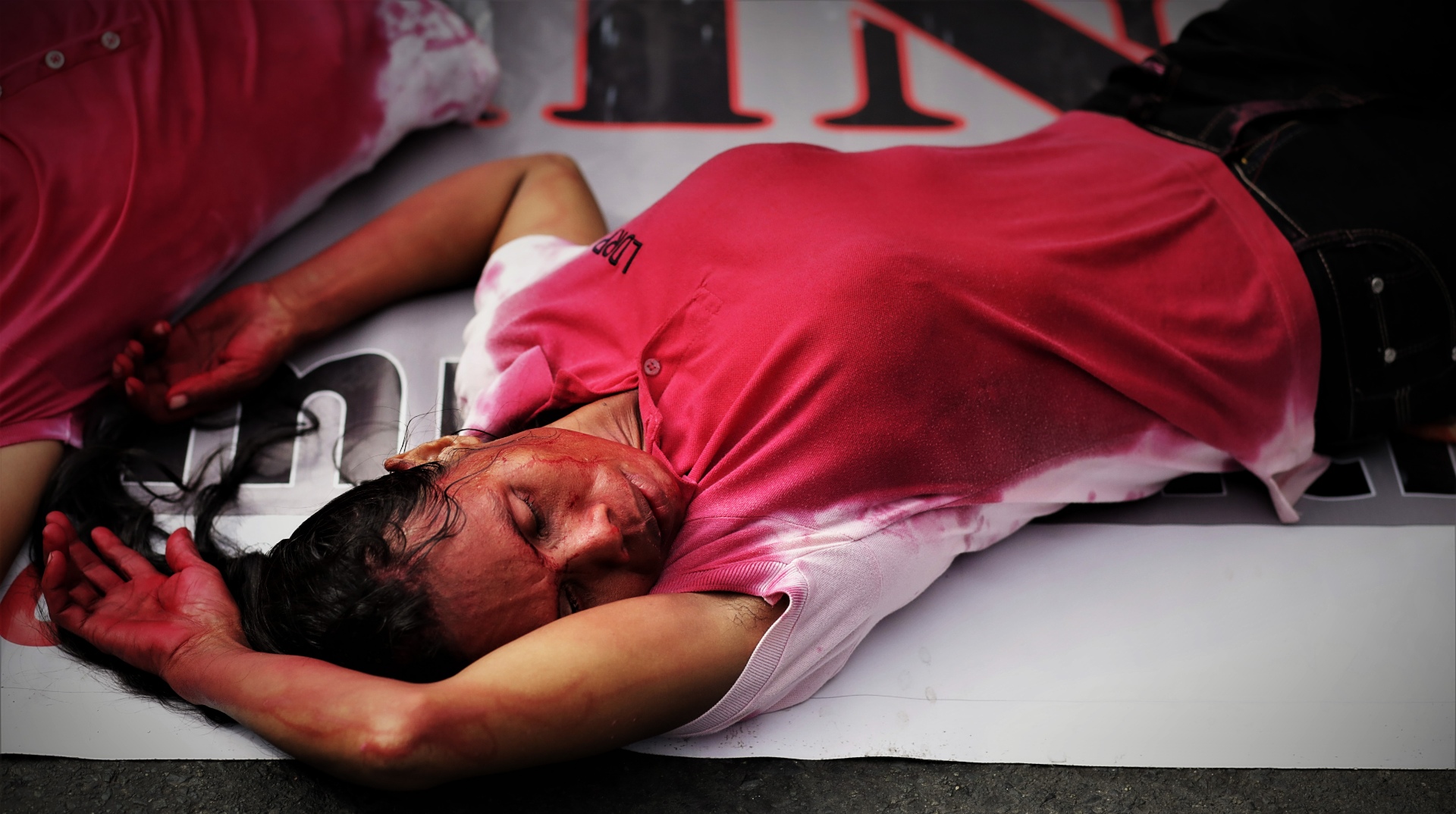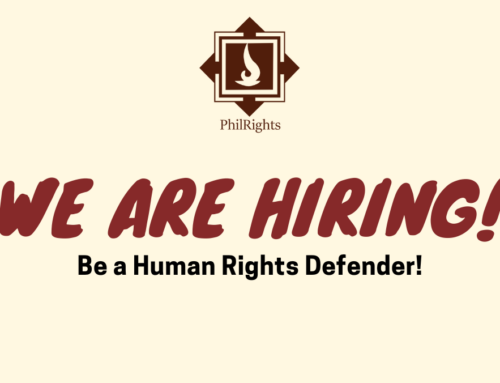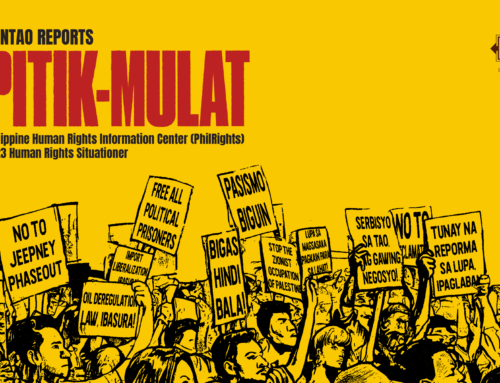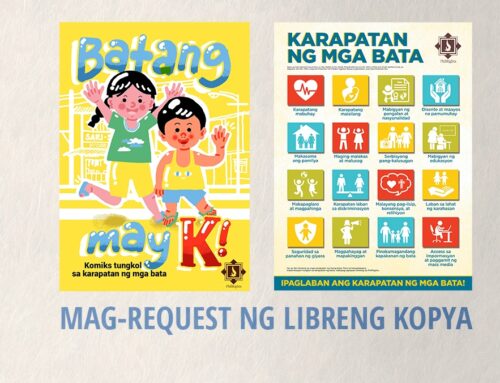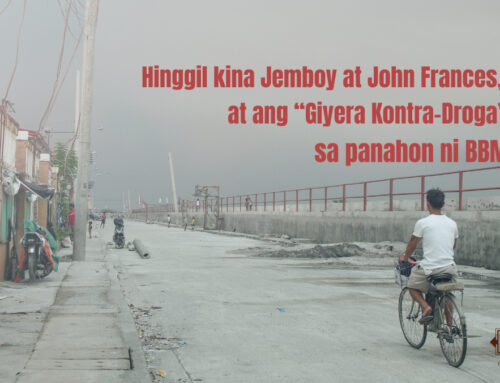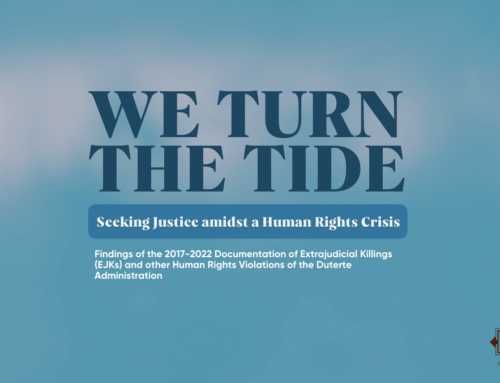by Nymia Pimentel-Simbulan, Leonardo Estacio, Carissa Dioquino-Maligaso, Teodoro Herbosa, Mellissa Withers
The Global Health Program of the Association of Pacific Rim Universities (APRU), a non-profit network of 50 universities in the Pacific Rim, held its 2017 annual conference in Manila. A special half-day workshop was held on illicit drug abuse in the Philippines which convened 167 participants from 10 economies and 21 disciplines. The goal of the workshop was to collaboratively develop a policy statement describing the best way to address the drug problem in the Philippines, taking into consideration a public health and human rights approach to the issue. The policy statement is presented here.
Background
When Philippine President Rodrigo R. Duterte assumed office on June 30, 2016, his government launched an unprecedented campaign against illegal drugs. He promised to solve the illegal drug problem in the country, which, according to him, was wreaking havoc on the lives of many Filipino families and destroying the future of the Filipino youth. He declared a “war on drugs” targeting users, peddlers, producers and suppliers, and called for the Philippine criminal justice system to put an end to the drug menace.
The drug problem in the Philippines has primarily been viewed as an issue of law enforcement and criminality, and the government has focused on implementing a policy of criminalization and punishment. This is evidenced by the fact that since the start of the “war on drugs,” the Duterte government has utilized punitive measures and has mobilized the Philippine National Police (PNP) and local government units nationwide. With orders from the President, law enforcement agents have engaged in extensive door-to-door operations. One such operation in Manila in August 2017 aimed to “shock and awe” drug dealers and resulted in the killing of 32 people by police in one night.
Duterte’s war on drugs is morally and legally unjustifiable and has created large-scale human rights violations; and is also counterproductive in addressing the drug problem. International human rights groups and even the United Nations have acknowledged that the country’s drug problem cannot be resolved using a punitive approach, and the imposition of criminal sanctions and that drug users should not be viewed and treated as criminals. Those critical of the government’s policy towards the illegal drug problem have emphasized that the drug issue should be viewed as a public health problem using a rights-based approach (RBA). This was affirmed by UN Secretary General Ban Ki Moon on the 2015 International Day Against Drug Abuse and Illegal Trafficking when he stated, “…We should increase the focus on public health, prevention, treatment and care, as well as on economic, social and cultural strategies.” The United Nations Human Rights Council released a joint statement in September 2017, which states that the human rights situation in the Philippines continued to cause serious concern. The Council urged the government of the Philippines to “take all necessary measures to bring these killings to an end and cooperate with the international community to pursue appropriate investigations into these incidents, in keeping with the universal principles of democratic accountability and the rule of law.” In October 2017, the Philippines Dangerous Drug Board (DDB) released a new proposal for an anti-drug approach that protects the life of the people. The declaration includes an implicit recognition of the public health aspect of illegal drug use, “which recognizes that the drug problem as both social and psychological.”
Declaration
Gathering in this workshop with a common issue and concern – the drug problem in the Philippines and its consequences and how it can be addressed and solved in the best way possible;
Recognizing that the drug problem in the Philippines is a complex and multi-faceted problem that includes not only criminal justice issues but also public health issues and with various approaches that can be used in order to solve such;
We call for drug control policies and strategies that incorporate evidence-based, socially acceptable, cost-effective, and rights-based approaches that are designed to minimize, if not to eliminate, the adverse health, psychological, social, economic and criminal justice consequences of drug abuse towards the goal of attaining a society that is free from crime and drug and substance abuse;
Recognizing, further, that drug dependency and co-dependency, as consequences of drug abuse, are mental and behavioral health problems, and that in some areas in the Philippines injecting drug use comorbidities such as the spread of HIV and AIDS are also apparent, and that current prevention and treatment interventions are not quite adequate to prevent mental disorders, HIV/AIDS and other co-morbid diseases among people who use drugs;
Affirming that the primacy of the sanctity/value of human life and the value of human dignity, social protection of the victims of drug abuse and illegal drugs trade must be our primary concern;
And that all health, psycho-social, socio-economic and rights-related interventions leading to the reduction or elimination of the adverse health, economic and social consequences of drug abuse and other related co-morbidities such as HIV/AIDS should be considered in all plans and actions toward the control, prevention and treatment of drug and substance abuse;
As a community of health professionals, experts, academics, researchers, students and health advocates, we call on the Philippine government to address the root causes of the illegal drug problem in the Philippines utilizing the aforementioned affirmations. We assert that the drug problem in the country is but a symptom of deeper structural ills rooted in social inequality and injustice, lack of economic and social opportunities, and powerlessness among the Filipino people. Genuine solutions to the drug problem will only be realized with the fulfillment and enjoyment of human rights, allowing them to live in dignity deserving of human beings. As members of educational, scientific and health institutions of the country, being rich and valuable sources of human, material and technological resources, we affirm our commitment to contribute to solving this social ill that the Philippine government has considered to be a major obstacle in the attainment of national development.
This policy statement, along with its background, workshop description, and conclusion, was published in the Annals of Global Health. 2019; 85(1): 26, 1–4. DOI: https://doi.org/10.5334/aogh.28



